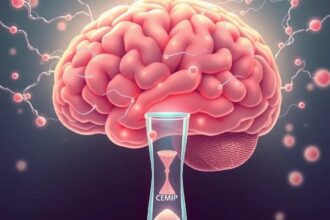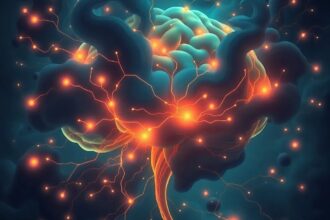Explore how neuroplasticity can enhance cognitive function, memory, and mental health through practical exercises, nutrition, sleep, and stress management.
Discover the science of neuroplasticity and learn how to harness it to improve your brain health and cognitive abilities.
Understanding Neuroplasticity
Neuroplasticity, often referred to as brain plasticity, is the brain’s remarkable ability to reorganize itself by forming new neural connections throughout life. This adaptability allows the brain to compensate for injury and disease, and to adjust its activities in response to new situations or changes in the environment.
According to Dr. Michael Merzenich, a pioneer in neuroplasticity research, The brain is not a static organ; it is constantly changing and adapting based on our experiences and behaviors.
This concept has revolutionized our understanding of the brain and opened new avenues for cognitive enhancement and rehabilitation.
Practical Exercises to Stimulate Neuroplasticity
Engaging in activities that challenge the brain can promote neuroplasticity. Here are some effective exercises:
- Mindfulness Meditation: Regular practice of mindfulness meditation has been shown to increase gray matter density in the brain, particularly in areas associated with memory, learning, and emotional regulation.
- Learning New Skills: Whether it’s learning a new language, playing a musical instrument, or mastering a new hobby, acquiring new skills can stimulate the formation of new neural pathways.
- Physical Exercise: Aerobic exercise, in particular, has been found to enhance neurogenesis (the creation of new neurons) and improve overall brain function.
The Role of Nutrition in Brain Health
Nutrition plays a crucial role in supporting neuroplasticity. A diet rich in antioxidants, healthy fats, vitamins, and minerals can protect the brain from oxidative stress and inflammation, which are detrimental to neuroplasticity.
Dr. Lisa Mosconi, a neuroscientist and author of Brain Food: The Surprising Science of Eating for Cognitive Power,
emphasizes the importance of a brain-healthy diet. Foods like fatty fish, blueberries, nuts, and leafy greens are packed with nutrients that support brain health and neuroplasticity,
she explains.
Sleep and Stress Management
Quality sleep and effective stress management are essential for maintaining optimal brain health. Sleep is a critical period for the brain to consolidate memories and repair itself. Chronic stress, on the other hand, can impair neuroplasticity and lead to cognitive decline.
Dr. Matthew Walker, a sleep scientist and author of Why We Sleep,
states, Sleep is the single most effective thing we can do to reset our brain and body health each day.
Incorporating stress-reducing practices such as yoga, deep breathing exercises, and mindfulness can further support neuroplasticity.
Conclusion
Harnessing the power of neuroplasticity can lead to significant improvements in cognitive function, memory, and mental health. By engaging in brain-stimulating activities, maintaining a nutritious diet, ensuring quality sleep, and managing stress, we can optimize our brain health and unlock our full cognitive potential.




